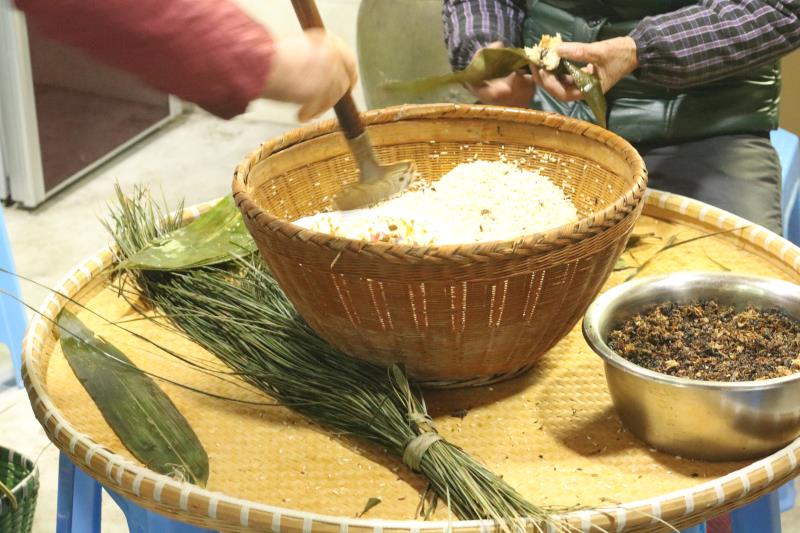When we go to another country, one of the things we look forward to the most is trying out all the different cuisines. However, in each country, they approach food a bit differently. In Japan, it’s unusual for people to walk and eat at the same time (minus people in very touristy locations). In the US, eating food while it’s fresh and hot is considered polite and people like to leave the heaviest portion of talking for when the meal has finished. In Germany, your breakfast is small and usually consists of fruit, bread, and cheese. In Bahrain, it is considered polite to burp after you finish eating. In many Asian countries, sticking your chopsticks straight up in a bowl of rice is very rude.
My name is Theodore Berry, a staff member with AYC and a current English teacher in China. There are two things I love in life, corgis and experiencing the most out of any culture I stumble upon. Now, three years later and still living in China, I find myself reflecting on the decisions that brought me here and wonder about the information I could share with you, people who are looking to experience China or new AYC participants eagerly searching for more information.
So, I feel it’s my responsibility to share this simple guide to eating in China with you. I mean, who better to share than someone who has eaten their weight many times over?
Here is my social guide to eating your way through China:
1) Parts of China prefer coins to bills.
Now, this might sound a bit weird. When traveling around China, while all forms of currency are accepted, some parts prefer coins over bills or vice versa. For example, in the small city of Lishui most people will give you the coins as change. However, in the northern city of Harbin and in the southern city of Xiamen, some AYC participants noticed that people prefer bills over coins, even to the point of entirely avoiding a cash exchange and instead using WeChat or Alipay.
2) Can’t use chopsticks?
Don’t worry. In most of the more mainstream restaurants, you can always ask for a fork and a knife. As more and more people embrace western dishes and culture, we are seeing a higher number of restaurants providing forks and knives. This isn’t to say that you’ll find these everywhere, but you’ll find them in more places than 10 years ago. To be honest, learning to use chopsticks doesn't take too much time!
3) No need to tip; it’s already included.
Wait, what? Yeah, unlike most western countries, tipping in China isn’t even a thought. Most people will rush after you if you leave money on the table, thinking that you absentmindedly left it. While the tip is not explicitly stated in the bill, it’s generally assumed in the price of the dish or through paying for things like the sanitary wipes or napkin boxes at the tables. Put the tip away and take this tip instead: give the servers and waitstaff a polite 谢谢 (xie xie – thank you).
4) No need to pick up that tray.
I know coming from the US, hearing your guardians berate you for not cleaning up after yourself is a common theme. However, in China, if you eat at a restaurant and have a tray or just rubbish, you are supposed to leave it on the table. One of the workers is on “recovery” duty, meaning they make sure that the front of the store maintains its welcoming charm. However, you should try to keep your rubbish into a small area and not strewn about the place.
5) The starch comes last.
Go to a restaurant in the western world and we are usually served bread or rice first. But in China, most sit-down restaurants will bring the rice out towards the end or your host will ask you later in the meal if you want rice. For most Chinese people, it’s more important to fill up on the main dishes rather than a filler (rice or bread). So, dig in and enjoy those veggies.
6) The rules of drinking.
Drinking with friends or colleagues in China can sometimes be a journey. There are so many rules that you must follow that I’ll just have to link an article here. However, the rules of 干杯(ganbei – literally “drying the cup”) are quite important to know so I’ll briefly share them with you. Here is a quick rundown:
a) Don’t clink glasses unless you want to drink the entire glass.
b) Cheers the most senior person at the table or the host first.
c) When you say cheers, always continuously bring your glass lower than the other person’s. The exception is if you know they are a lower rank than you; then do it only once.



